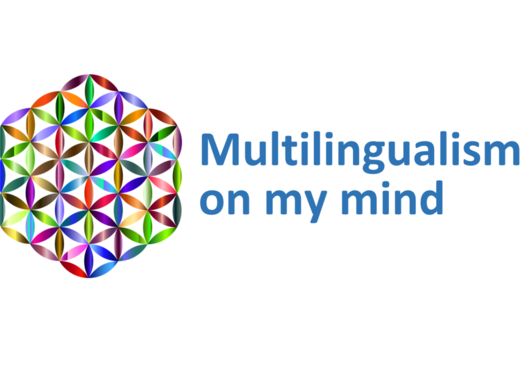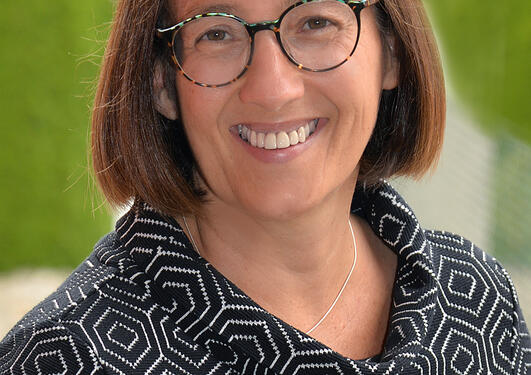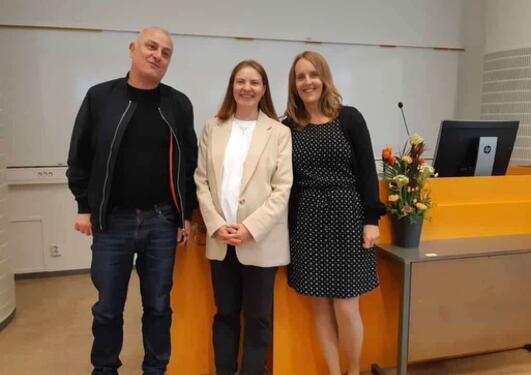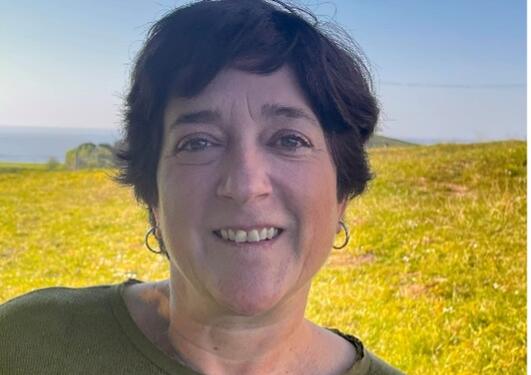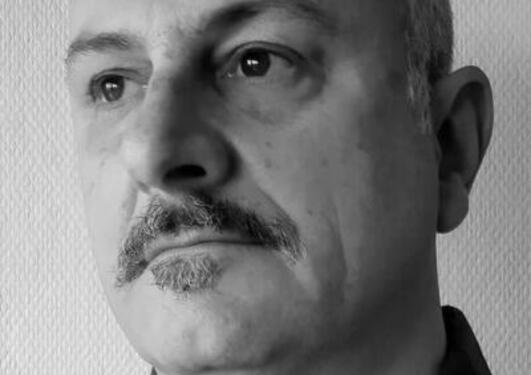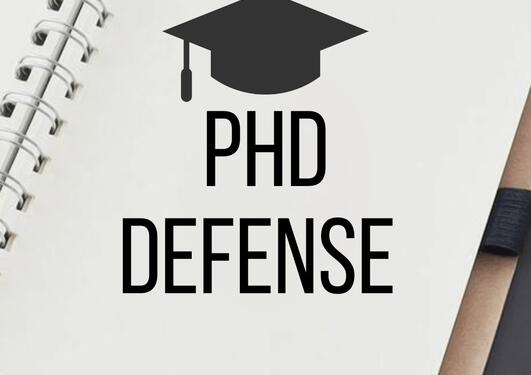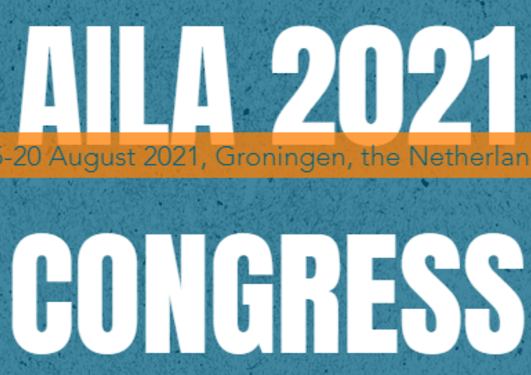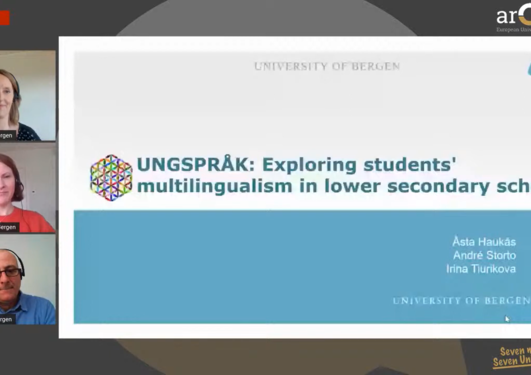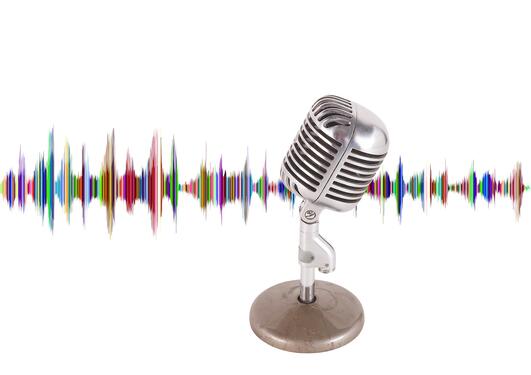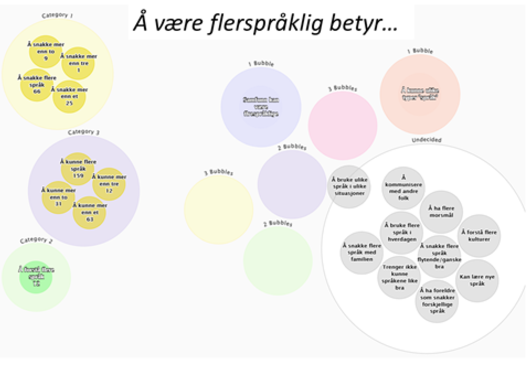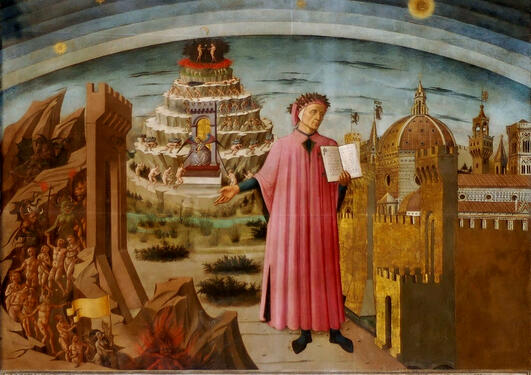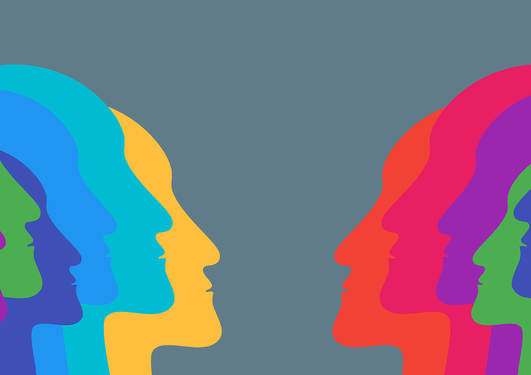News archive for Research group Multilingualism on my mind
The research group Multilingualism on My Mind is delighted to inform you of a new book launch on Oct. 15th. The new volume ‘Visualising Language Students and Teachers as Multilinguals: Advancing Social Justice in Education’ has a contribution from one of the MoMM members, André Storto.
Call for papers! The research group Multilingualism on My Mind (MoMM) is organizing a two-day virtual and free conference on multilingualism on 21–22 March 2024. Contributions from all across the globe and from a variety of perspectives are welcome!
The research group Multilingualism on My Mind has the pleasure and honour of hosting Professor Sarah Mercer, from the University of Graz, as our guest lecturer this semester!
We are delighted to inform you that Irina Tiurikova publicly defended her Ph.D. thesis on September 22, 2023.
We are pleased to inform you that Dr. Elizabet Arocena Egaña from University of the Basque Country will give a lecture titled "Students’ language achievements, teachers’ beliefs and the use of multilingual resources in Basque schools" on May 12, 2023. You are welcome to attend this event.
We are delighted to inform you that PhD André Storto will publicly defend his PhD thesis on February 14, 2023. You are warmly welcome to attend this exciting event either in person or online!
Kven kan kalle seg fleirspråkleg? Det ville vi lære meir om i Ungspråk-prosjektet.
Raees Calafato will defend his doctoral dissertation “Multilingual pedagogy in Norway and Russia" on 17.9.2021 at the University of Bergen for the degree of Doctor of Philosophy.
MOMM took part at the AILA World Congress 2021. For those who have missed this event and would like to learn more about multilingualism, presentations from our research group are available online.
Our research team gave an online lecture which became the fourth of a series of guest lectures “Seven months, seven universities” by Arqus.
The conference MoMM2021: Exploring multilingualism in education was a great success and as a team, we share our experience in organizing this digital event in a podcast.
In March, the research group Multilingualism on My Mind will hold two events that are worth attending if you want to know more about multilingualism.
Kva feirar me eigentleg 21. februar kvart år? Kva er i det heile morsmål?
As Norwegian classrooms become increasingly linguistically and culturally diverse, this question gets more and more relevant to teachers and educators. Usually, definitions of multilingualism come from scholars and we hardly ever hear from pupils what THEY think it means to be multilingual.
This year's seminar on Multilingualism became a platform for sharing some research results with one of the main target groups – pre-service teachers.
In this post, Alessandro Carlucci talks about inherent intelligibility, intercomprehension and cross-linguistic communication in past (and present) multilingual settings.
Anthropological research on the lifestyle of traditional small-scale societies sheds light on the history of multilingualism and its role in the past of the contemporary western world.
Language is everywhere. We are surrounded by it, use it to express ourselves, to think, to learn, to act, to communicate. Language is therefore one of our highest goods. This good is not just one language but a multitude of different languages, dialects, accents, varieties and registers.

